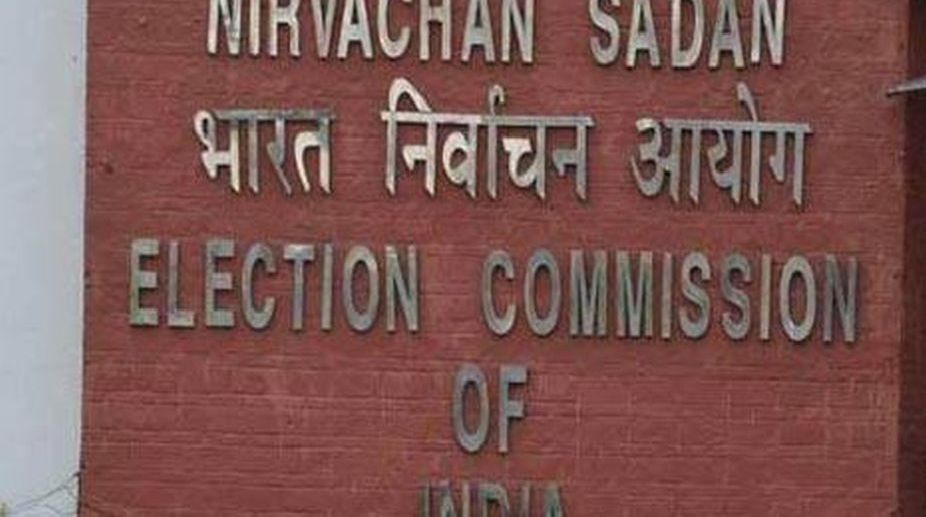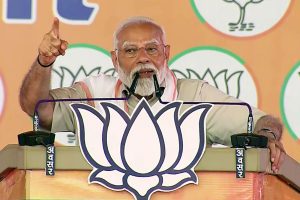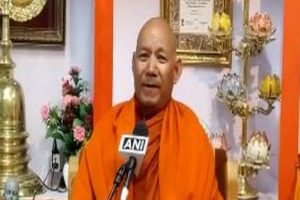Contra legem facit, qui id facit quod lex prohibit, in fraudem uero, Quisaluis uerbis legis sententiam eius circumuenit One who does what a Statute forbids transgresses the Statute; one who contravenes the intention of a Statute, without disobeying its actual words, commits a fraud on it.
It is a mistake to generalise two opposing theories of law: natural law and legal positivism, or to put it simply morality and law. Both level charges against the other. Some are perceptive; others are unfounded. What is less well known, but equally true, is that historically both the natural law defenders and the proponents of legal positivism have disagreed as much among themselves as with their opponents.
Fuller, a leading American legal philosopher in his classic The Morality of Law contended that all systems of law contain an ”internal morality” that imposes on individuals a presumptive obligation of obedience. Fuller argues that certain moral standards, which he calls “principles of legality,” are built into the very concept of law, so that nothing counts as genuine law that fails to meet these standards. In virtue of these principles of legality, there is an inner morality to the law that imposes a minimal morality of fairness.
A hard core legal positivist like Hart too believed that there is a minimum content of morality that a legal system must incorporate. But, this minimum morality vanishes when we enter into the realm of politics. When there is decline in democratic standards across the globe, Indian political scenario is leading with deep and distressing decline. The Modi government’s well planned and strategic decision to advance the Union budget in the light of assembly elections in five states is the newest example of this loss of morality.
Free and Fair Elections: A Basic Feature
The Constitution of India contemplates free and fair election. Justice H.R. Khanna in Election case AIR 1975 SC 2299observed that democracy is a basic feature of the Constitution and includes free and fair elections. This sentiment has also been echoed in many other decisions of the Supreme Court. The Constitution Bench in Mohinder Singh Gill v. The Chief Election Commissioner, New Delhi [(1978) 1 SCC 405] while dealing with a contention that Election Commission has no power to cancel the election and direct re-poll, referred to the pervasive philosophy of democratic elections which Sir Winston Churchill invigorated: “At the bottom of all tributes paid to democracy is the little man, walking into a little booth, with a little pencil, making a little cross on a little bit of paper” – no amount of rhetoric of voluminous discussion can possibly diminish the overwhelming importance of the point.
If we may add, the little large Indian shall not be hijacked from the course of free and fair elections by mob muscle methods or subtle
perversion of discretion by men ‘dressed in little, brief authority’. For ‘be you ever so high, the law is above you.’ The moral may be stated with telling terseness in the words of William Pitt: ‘Where laws end, tyranny begins’. Embracing both these mandates and emphasizing their combined
effect is the elemental law and politics of Power best expressed by
Benjamin Disraeli: “I repeat . . . that all power is a trust that we are
accountable for its exercise – that, from the people and for the people,
all springs, and all must exist.”
In* P.V. Narasimha Rao v. State (CBI/SPE) [(1998) 4 SCC 626]* the Supreme Court further professed: “Parliamentary democracy is part of the basic structure of the Constitution. It is settled law that in construing the constitutional provision the Court should adopt a construction which strengthens the foundational features and basic structure of the Constitution.”
Election Commission: Custodian of Free and Fair Elections?
Constitution vests comprehensive powers and responsibilities of
superintendence, direction and control of the conduct of elections in the Election Commission. This responsibility cover powers, duties and functions of many sorts, administrative or other depending on the circumstances guaranteeing the limpidness of the electoral process.
To accomplish this constitutional objective the commission can draw upon all incidental and ancillary powers. The Supreme Court in Union of India v. Association of Democratic Reforms held that (Para 26): “Under Article
324, the Commission can issue suitable directions to maintain the purity of election and to bring transparency in the process of election.” The phrase ‘Superinten-dence and control over the conduct of elections’ is held to be of very wide amplitude which would include power to make all necessary provisions for conducting free and fair elections. The transition of election commission from a nominal body to an effective autonomous institution has been realized by construing liberally these provisions.
The Election Commission is subject to only two limitations. Firstly, the Constitution and secondly, when Parliament or any State Legislature has made valid law relating to or about elections, the Commission shall act in conformity with, not in violation of, such provisions. But where such law is silent Article 324 is a reservoir of power to act for the avowed purpose of, not divorced from, pushing forward a free and fair election with expedition.
It is difficult for any constitution, howsoever immense it is, to list all
the contingencies and vest powers accordingly to deal with them. That the Constitution does not expressly prohibit presenting a budget before elections cannot be stretched to the extent that power lies inherently within the domain of the Executive.
Supreme Court of United States in Youngstown Sheet & Tube Co. v. Sawyer 343 U.S. 579 has rejected this analogy that the Executive to be capable, as a “steward” of the people, of exerting all power save that which is specifically prohibited by the Constitution or the law.
Pre-emptive Action designed to benefit ruling party
The budget is generally presented on last working day of February but the Union Government’s plan to advance it just before election campaigns in five states were getting into full gear appears to be deceitful. It may be argued historically that such political manoeuvers have not worked for
governments in powers. Manmohan Singh’s budget (1996), Jaswant Singh’s feel good and India shining budget (2003), Chidambaram’s dream budget (1997) could not save their governments, but can this be cited as precedent to give government a free hand?
In the past too, Union budget was presented just before state elections but not on such a large scale. Advancing budget of the Modi Government would be indispensably unethical for quite a few reasons. Firstly, it is clearly a pre-emptive action considering elections in five States which are very critical for Modi Government for conquering majority in the upper house and approaching the Presidential election.
Secondly, this budget is shadowed by Government’s demonetisation drive that suddenly slowed down the pace of the economy and thirdly; BJP portrays Narendra Modi in all the states’ elections and hence possibly this might affect the purity of elections. Popular budget is not the only device in fact; increasing the list of backward classes and addition of other backward classes into Scheduled Castes are also consistently used by governments in power to lure voters, which is unscrupulous. This disturbs the parity of power between political parties contesting elections and the party in the government and encourage more corrupt practices.
Vigilant Election Commission Needed
Is it not the duty of the Election Commission to devise mechanisms to prevent these unethical practices? Why is the election commission not
mooting the idea of holding general, state and panchayat elections together although ruling party has shown its inclination towards this? The Election Commission is not only to conduct elections but also to prepare the roadmap for the future reforms. Political parties and politicians are unswervingly
making a mockery of model code of conduct. The image of Election Commission is now seen as a toothless tiger.
A vibrant, election commission is necessary to ensure that basic structure of the Constitution is not eroded by declining politics. The attitude of Government towards developing decent conventions towards a vibrant democracy is not only playing mayhem with the democratic values but threatening to spoil the expectations of people. But the approach of the
Election Commission is somewhat more frightening.
(The writer is Associate Professor of Law at National Law University Odisha and is currently on deputation as Deputy Registrar, Supreme Court of India.)











